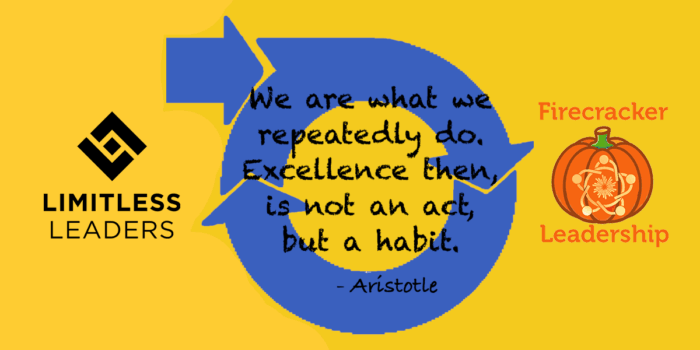There’s hope even if you’re not a natural…
In a culture that focuses so intensely on success, it’s easy to feel like a failure. But according to the organizational psychologist Adam Grant, that might be because we’re thinking about achievement all wrong.
Many people assume that accomplishments are tied closely to innate ability, so they give up on pursuits they find challenging. That’s a mistake, Dr. Grant writes in his new book, “Hidden Potential: The Science of Achieving Greater Things.”
Dr. Grant shares anecdotes about people who accomplished the extraordinary despite showing little aptitude at first — including himself. He qualified twice for the Junior Olympic diving championships even though, he writes, he was woefully ungraceful and for a long time couldn’t touch his toes without bending his knees.
Interwoven with the stories he shares, Dr. Grant analyzes the paths and strategies that led to each success and discusses relevant insights from the research literature — his home turf. Dr. Grant is a professor at the Wharton School of the University of Pennsylvania, hosts the podcast “Re:Thinking” and is the author of the best seller “Think Again.” He’s also a contributing Opinion writer for The Times.
I spoke to Dr. Grant about three key takeaways from his book that could help you unlock your own hidden potential.
1. Lean into discomfort.
Success, Dr. Grant argues, is about growth over time more than it’s about notching victories. And one of the best ways to build skills is to challenge yourself, he says.
“The feeling that something is uncomfortable is a signal that you’re about to learn something new,” Dr. Grant said in an interview. “That’s a signal we should not only pay attention to, but amplify.”
You may have heard that people learn better when lessons are tailored to their “learning style.” Some people might be visual, aural or verbal learners, and so on.
But Dr. Grant presents research suggesting that people don’t always learn more when information is tailored to their preferences. The opposite may even be true: We might grow more when we deliberately step outside our comfort zone.
It’s OK — even good — to make mistakes along the way, he says. In his book, he tells the story of a polyglot who measures his progress learning a new language by the number of mistakes he makes each day; he aims for at least 200.
“The way that you master knowledge and skills is by using them as you acquire them,” Dr. Grant said. “If you don’t even make enough attempts to make mistakes, then it’s pretty hard to make progress.”
2. Keep things interesting.
While we should be wary of burnout, Dr. Grant writes, it’s just as important to avoid its opposite, which he calls “bore out” — the emotional exhaustion we feel when we’re chronically under-stimulated.
One way to do this, he argues, is through incorporating play and novelty into your learning routines. In his book, he attributes the basketball player Stephen Curry’s rapid improvement after college to a coach who emphasized variety and games in his training sessions, rather than repetitive drills.
“Hundreds of experiments show that people improve faster when they alternate between different skills,” Dr. Grant writes.
When you feel stuck, you shouldn’t keep hitting your head against the wall, either. Take a break and work on something else you enjoy, Dr. Grant says. By pouring your creative juices into another cup, “you can often discover new confidence and new skills, and that can give you momentum that will help you on the uphill climb,” he said.
3. Ask for advice (and give it, too).
When we seek to get better, we often ask others for feedback. But feedback may not always be helpful, Dr. Grant explains, in part because it focuses on what we’ve done in the past.
When Dr. Grant once asked for notes after a presentation, he was told that his “nervous breathing sounds like Darth Vader.” The comment was “a crash course in demoralization by useless criticism,” he writes.
He points instead to Harvard Business School research that found it’s more helpful to ask for advice, which focuses on what you can do better in the future. Plus, advice is typically framed positively, shifting your mind-set to what you can do right.
We tend to perform better after we give other people advice, too, in what Dr. Grant refers to as the “coach effect.” That’s because we are more likely to heed advice that we have already given to others, he says. One study he cites found that high school students who were randomly assigned to give motivational advice to younger students went on to earn better grades themselves.
“The advice you can give to others is usually the advice you need to take for yourself,” said Dr. Grant, who regularly shares advice on Instagram and X. “And sometimes you need to hear it out loud in order for it to resonate.”



